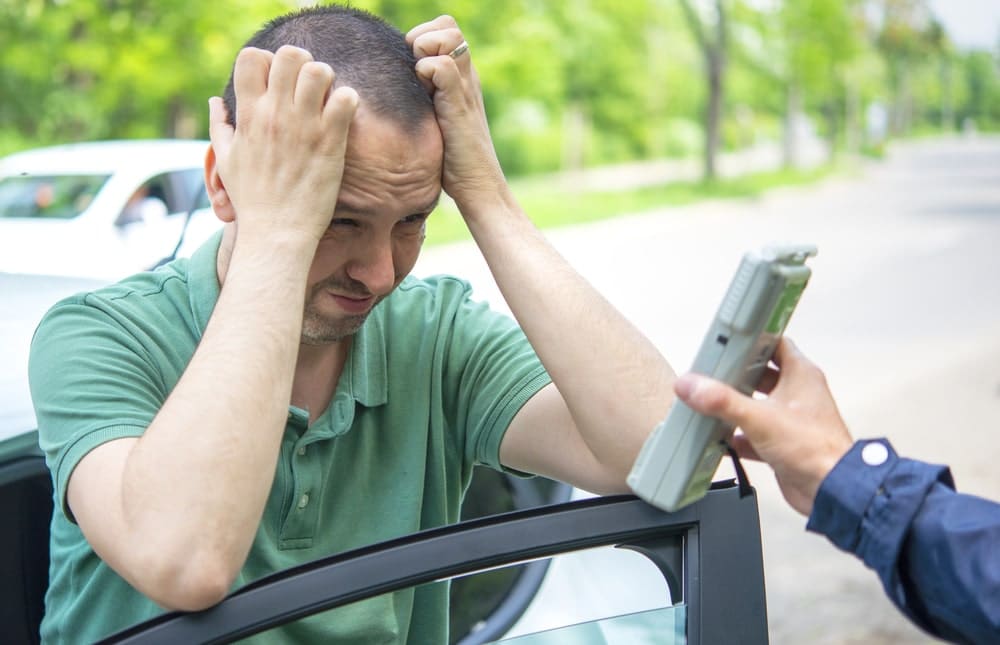Operating under the influence (OUI) charges are on the rise in Maine and this has been partly attributed to the increase in the number of sobriety checkpoints on our roads.
Since a temporary downturn in crime in general during the COVID pandemic, the numbers have rebounded significantly, with Maine police kept busy on the roads and police departments across the state pressing more OUI charges and processing more cases.
But what do the statistics say, exactly, and how should drivers adapt their behaviors so that they don’t fall foul of the sobriety checkpoints?
Call 207-571-8146 or contact us online to schedule a consult with one of our highly skilled criminal defense & OUI lawyers, serving Southern Maine, today.
Table of Contents
OUI arrests on the rise
The summer months of 2022 set recent records for OUI cases for the Wells police department.
Officers caught more drivers impaired by alcohol, cannabis or illegal drugs in the tourist town in July than during any month in the past six or seven years. There were 69 OUI arrests through August, which is 24 more than in the entire previous year.
A similar rise in numbers has been reported in other parts of Maine in recent months. For instance, Saco reported a 150 percent increase in OUI arrests in 2022 and the York police department needed to add shifts to meet the growing number of OUI arrests last year.
Even in Kennebunk, where the number of OUI arrests and complaints about suspected drunken driving has remained steady over the past four years, a sobriety checkpoint run for five hours on a Saturday night in August 2022 resulted in six arrests for impaired driving from a total of 801 motorists stopped.
The trend is seen as particularly disturbing not only because of the corresponding increase in aggressive and dangerous driving but also because the reported numbers don’t even take into account a large number of cases that “slip through the net” due to shortages of personnel in some local police departments.
Calls to police departments in Maine are on the rise, placing further pressure on poorly staffed departments without the resources to run large OUI teams. OUI enforcement can be very challenging when simply keeping up with the number of service calls stretches the resources of departments so thinly.
The higher numbers are particularly frustrating because the lower OUI charge levels maintained during the pandemic have not been carried forward into the present. Perhaps being cooped up during the pandemic has encouraged more people to go on vacation and enjoy themselves — while disregarding their safety and the safety of other road users.
Call 207-571-8146 or contact us online to schedule a consult with one of our highly skilled criminal defense & OUI lawyers, serving Southern Maine, today.
A regional approach to sobriety checkpoints
Regional Impaired Driving Enforcement (RIDE) teams are becoming more common in some counties in Maine as a way for municipal police and the sheriff’s department to keep up with the higher numbers of OUI cases.
These teams receive grants from the Maine Bureau of Highway Safety and focus on two main ways of OUI enforcement:
- Saturation patrols, where 14 or 15 officers cover a particular area at the same time, and
- Sobriety checkpoints, which are aimed at catching intoxicated drivers.
This type of regional approach is a way to address the lack of staffing for OUI enforcement in many police departments in Maine.
Education about OUI
Rather than simply enforcement, some Maine police departments are also focusing on driver education campaigns to remind drivers that it’s never okay to drink and drive and about the dangers of operating a vehicle while intoxicated by alcohol or drugs.
The Saco police department made a public service announcement video with the assistance of the Maine Bureau of Highway Safety to promote awareness of the dangers.
In other areas, such as Kennebunk and Kennebunkport, campaigns that encourage ride-share services, Uber, Lyft and other low-speed vehicle services have had some positive results, according to local law enforcement.
Raising public notifications about sobriety checkpoints and the potential results of a conviction has also caused people to make better choices and pause before deciding to break the law.
For instance, the Bath police department announced its New Year sobriety checkpoints in partnership with the National Highway Traffic Safety Administration to alert the public to the dangers and potential consequences of driving while intoxicated.
At the state level, the Maine government has introduced Driver Education and Evaluation Programs (DEEP) in an attempt to counter the OUI problem.
Call 207-571-8146 or contact us online to schedule a consult with one of our highly skilled criminal defense & OUI lawyers, serving Southern Maine, today.
Are OUI roadblocks constitutional in Maine?
In the majority of cases, the police must have reasonable and individual suspicion to pull you over while you’re driving.
However, that doesn’t apply to sobriety checkpoints or so-called “OUI roadblocks” according to the U.S. Supreme Court.
Because the checkpoints are seen as serving the public interest while minimally invading the privacy of drivers, they have been deemed to be constitutional. As such, any OUI charges and arrests made at checkpoints can be more difficult to defend in court.
However, there are some legal requirements that officers who staff roadblocks must follow so that they do not overstep their powers…
What are the legal requirements for roadblocks?
Law enforcement has the power to conduct brief stops at sobriety checkpoints and ask drivers a few questions to determine if they are impaired.
However, the roadblocks must be “reasonable” in both how they are planned and how they are managed.
Officers should be prepared to explain how conducting an OUI roadblock at a particular location serves the public interest and must not arbitrarily select which vehicles to stop. They must stick to a pre-agreed plan about how to stop vehicles (e.g., every third vehicle) to prevent discrimination against how a vehicle or driver appears.
Unannounced OUI roadblocks are on less firm ground, constitutionally speaking, than announced ones. The Supreme Court has stated that unannounced checkpoints are more intrusive and inflict more discomfort on drivers.
The location and time of sobriety checkpoints are, therefore, usually announced by the police beforehand on social media and in the press — not only to remain within their constitutional powers but also because it promotes awareness of the OUI issue.
Bear in mind that law enforcement officers do not have an automatic right to do any of the following:
- Ask you to pull over to the side of the road to conduct further questioning.
- Submit to field sobriety tests.
- Investigate you for an unrelated criminal matter.
- Search your vehicle to look for illegal substances.
While these rights are not automatic, the officer can take any of these actions and detain a driver if he/she has probable cause to believe that a criminal offense has been committed or is about to be committed, based on the individual’s behavior or words.
Remember, it is illegal to drive with a BAC of .08 or higher in Maine. Even a first impaired driving conviction may result in a 150-day license suspension and a $500 fine, as well as a potential 48 hours in jail.
If you need help defending against an OUI or any criminal charge in Maine, call The Maine Criminal Defense Group at 207-571-8146 for an initial case evaluation.
Call 207-571-8146 or contact us online to schedule a consult with one of our highly skilled criminal defense & OUI lawyers, serving Southern Maine, today.
OUI Blog Articles

OUI cases in Maine usually start when a law enforcement officer pulls over a vehicle. From that point, many things can happen but if the officer even has a slight[...]
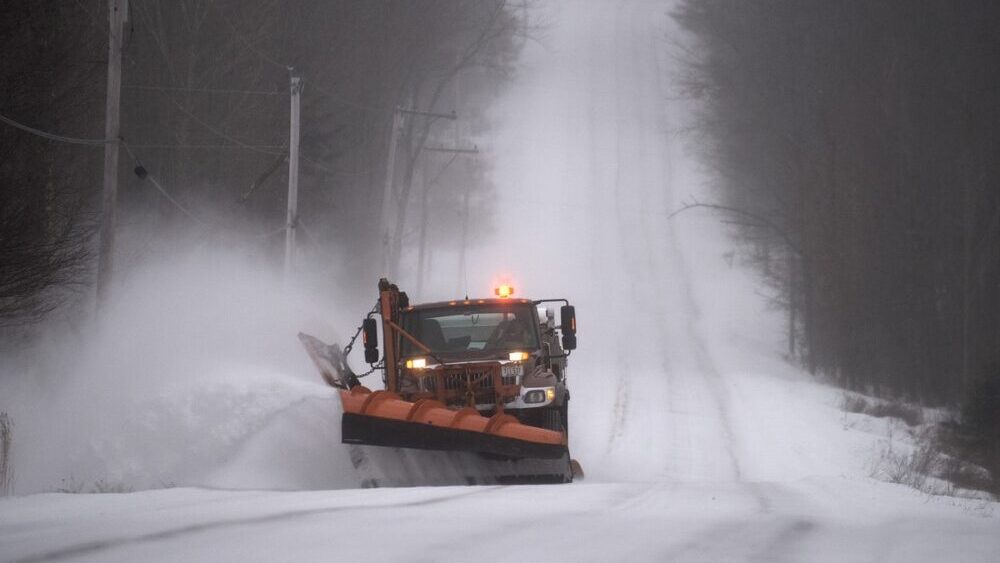
January 11th, 2025, in Skowhegan, Maine, a Maine Department of Transportation plow truck sustained a head-on collision caused by a drunk driver on Route 2, as reported by law enforcement.[...]

The tragic events of a fatal car crash in 2023 that claimed the lives of four young people have finally reached a pivotal legal outcome. Noelle Tavares, a former Maine[...]

In most states, there are many different places that the average person can take a driving course to satisfy court requirements as related to an DUI conviction. However, in the[...]
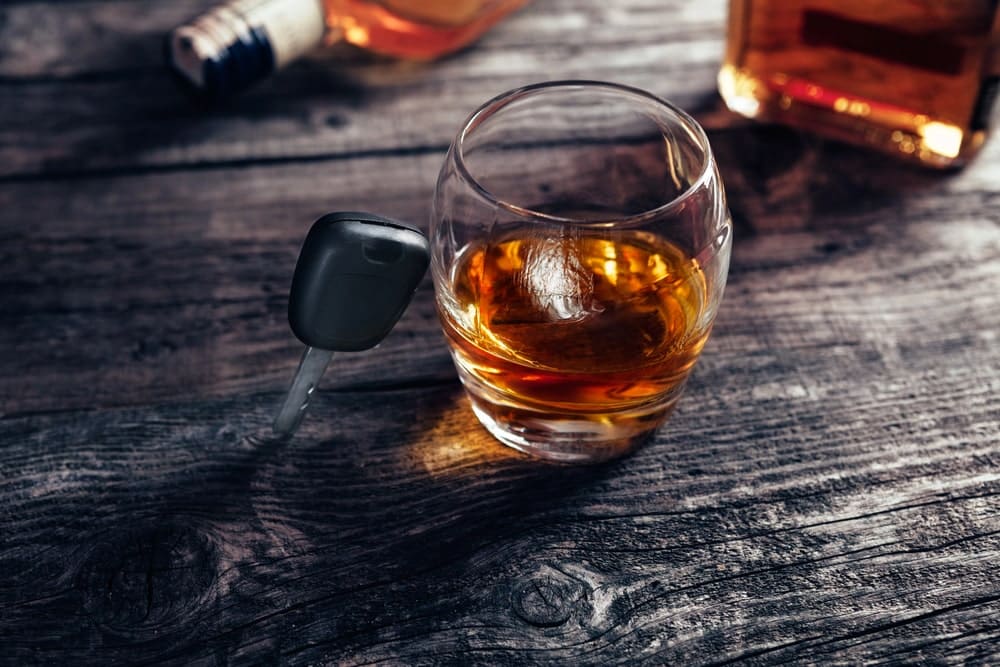
Defending against OUI offenses in Southern Maine Anyone charged with a 2nd OUI in Maine should expect little leniency from the criminal justice system. This makes it even more important[...]
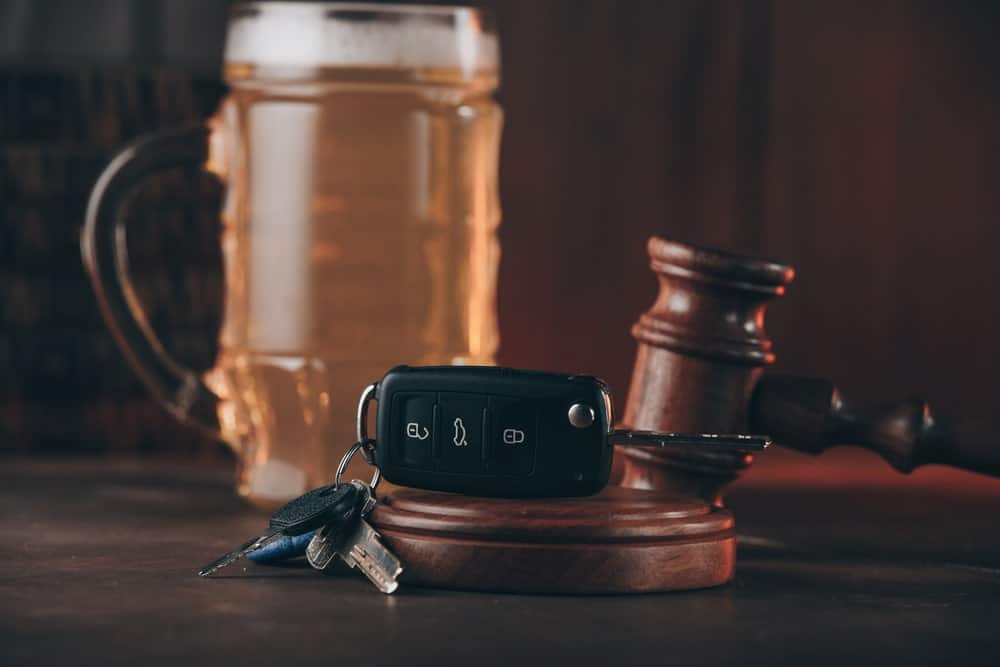
Defending against OUI Refusals in Southern Maine Did you know that it is a criminal offense to refuse to submit to a chemical test if lawfully requested to do so[...]
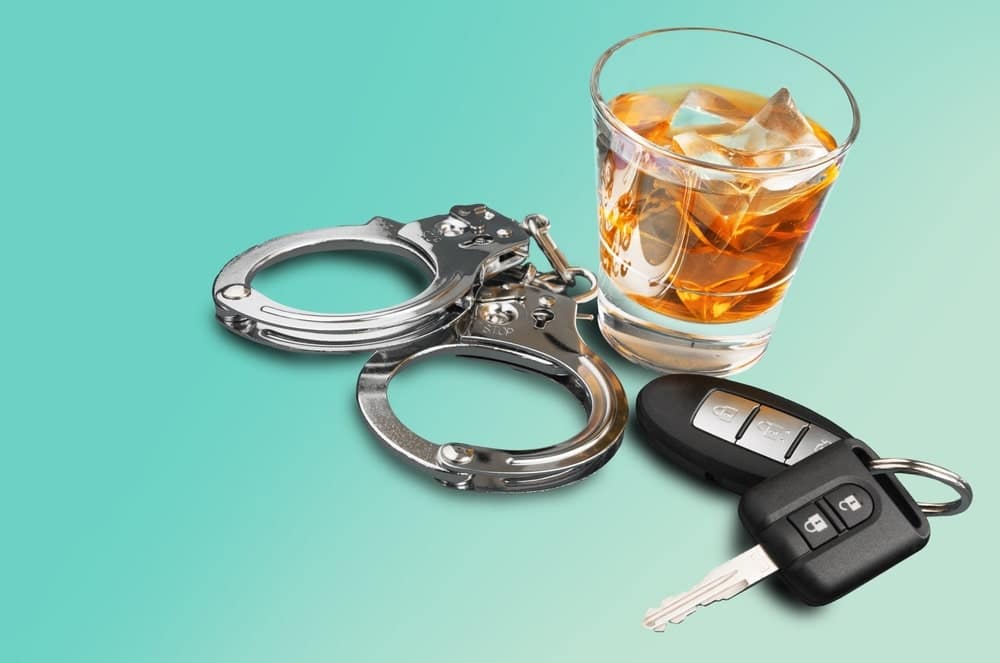
Reducing an OUI charge in Maine OUI charges are handled severely in Maine. For many people, a drunk-driving charge is their first time dealing with the criminal justice system and,[...]

Alcohol laws of Maine While you should be aware of the strict OUI laws in Maine, it’s also important to know about other ways you can face a traffic infraction[...]

Defending against OUI offenses in Southern Maine A first OUI in Maine can potentially have long-term consequences, but with the right legal representation, alleged offenders can escape the harshest penalties.[...]
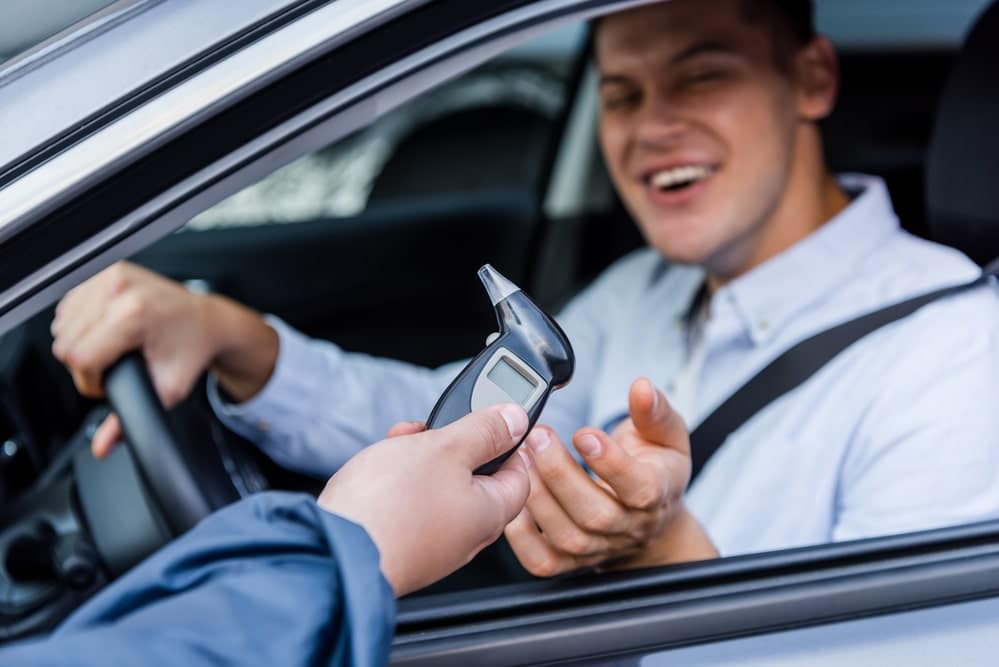
If you blow under .08 in a DUI breath test in Maine, it may be jumping the gun to breathe a huge sigh of relief. You may not be “free[...]
